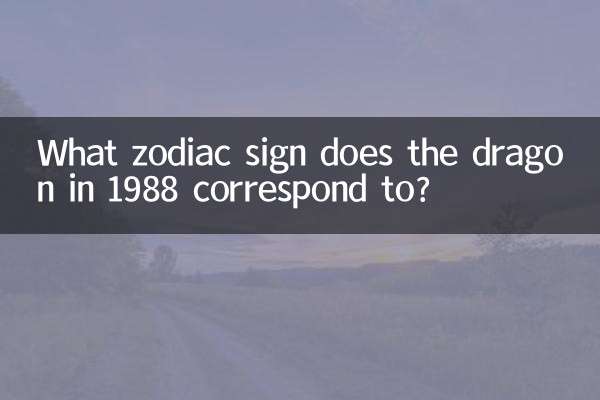What does the word Lu mean?
In Chinese, the word "Lu" is a polysemous word, which not only has a profound historical and cultural heritage, but also has been given new meanings in the modern context. This article will start from four aspects: glyph evolution, word meaning analysis, cultural connotation, and content related to "Lu" in hot topics on the Internet in the past 10 days, and present relevant information through structured data.
1. Evolution and basic interpretation of glyphs

The word "Lu" was first seen in oracle bone inscriptions and consists of "fish" and "mouth". Its original meaning is related to "fish". Later, it was extended to mean "slow" and "rough", and was also used to refer to the State of Lu (now Shandong) in the Spring and Autumn Period. In modern Chinese, "Lu" can be used as both an adjective (such as "reckless") and a noun (such as "Lu cuisine").
| glyph | Evolution stage | meaning |
|---|---|---|
| Oracle | Shang and Zhou dynasties | The combination of the pictographic "fish" and "mouth" |
| Xiaozhuan | Qin and Han Dynasties | Simplified structure, retaining the "fish" part |
| modern simplified | After 1956 | Fixed to "Lu" character shape |
2. The "Lu" element in the hot topics on the Internet in the past 10 days
According to Internet popularity monitoring, recent topics related to "Lu" are mainly concentrated in the following areas:
| Topic classification | Specific content | heat index |
|---|---|---|
| regional culture | Shandong (Shandong) cultural tourism promotion activities | ★★★★☆ |
| Food | Shandong cuisine classic "Nine-turn Large Intestine" becomes popular | ★★★☆☆ |
| Internet slang | "Luliluqi" describes a simple and honest character | ★★☆☆☆ |
| Historical archeology | New Bronze Artifacts Discovered at Lu State Ruins | ★★★☆☆ |
3. Analysis of cultural connotation
1.historical dimension: The State of Lu was an important vassal state in the Zhou Dynasty, where Confucius was born, so "Lu" is often associated with Confucian culture.
2.Regional characteristics: Modern "Lu" mostly refers to Shandong Province, which is famous for its generous folk customs and rich food culture.
3.language evolution: The Internet era has given rise to new usages such as "Luban" (game character) and "Luli Tongxin" (a homophone).
4. Examples of common phrases
| phrase | meaning | Usage scenarios |
|---|---|---|
| reckless | Acting impulsively and without consideration | daily criticism |
| Shandong cuisine | One of the eight major Chinese cuisines | Catering culture field |
| Lu Su | Famous generals of Wu during the Three Kingdoms period | Discussion of historical figures |
Conclusion
The semantic evolution of the word "Lu" from an ancient fish totem to a modern regional symbol reflects the continuity and innovation of Chinese culture. In recent Internet hot spots, the cultural value of the "Lu" element coexists with entertainment expressions, which not only reflects the traditional heritage, but also shows the vitality of the language.

check the details

check the details